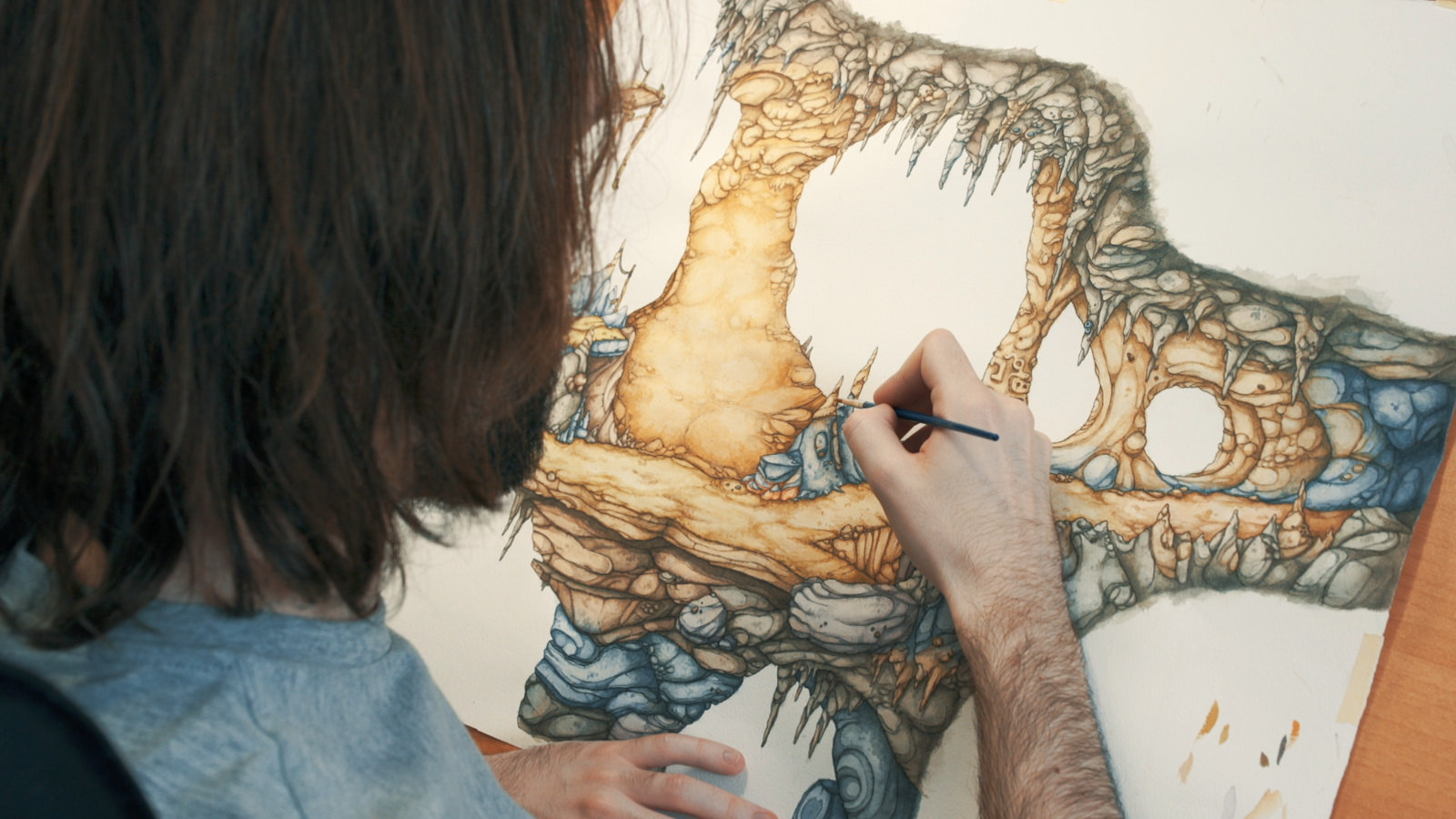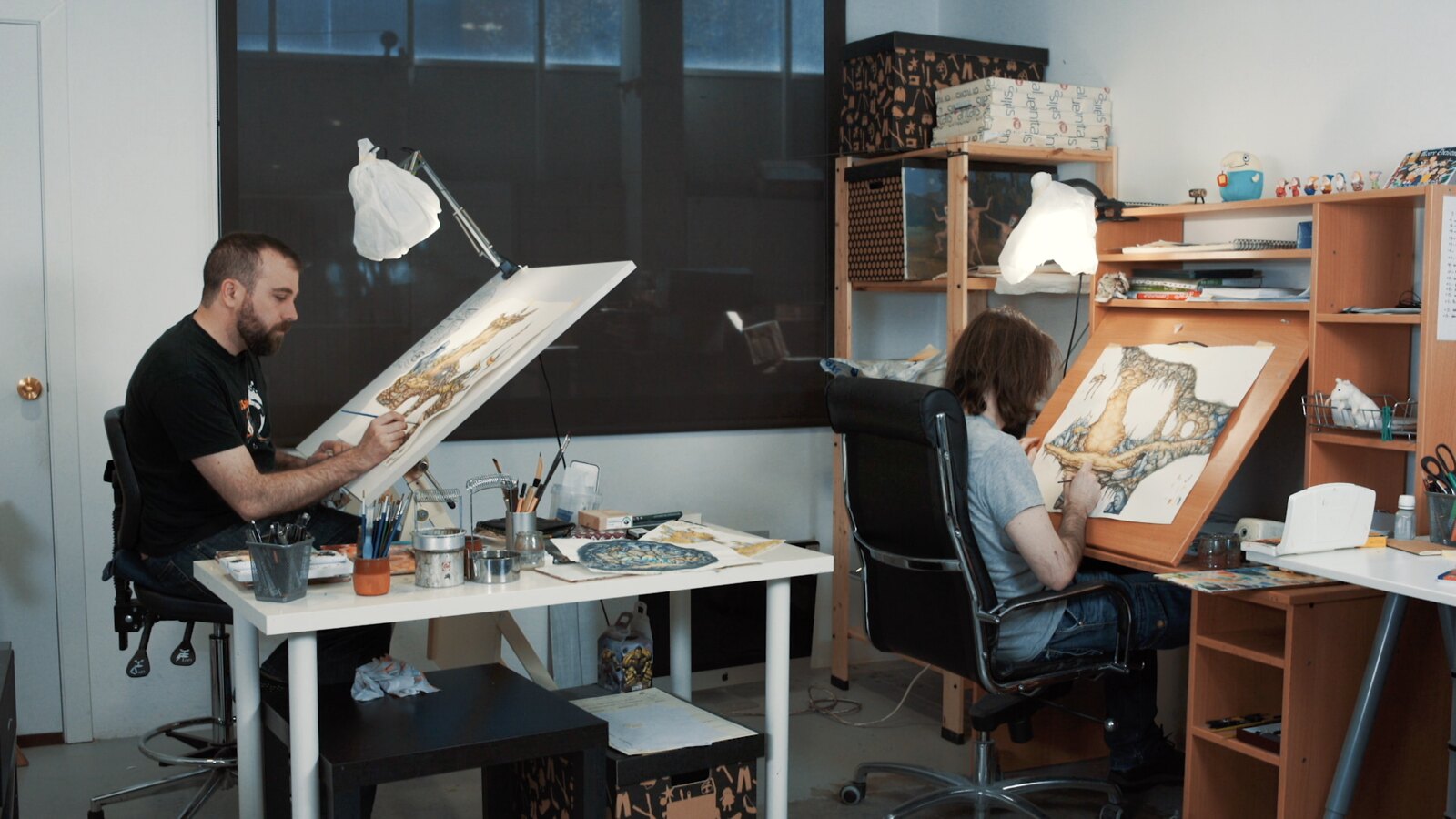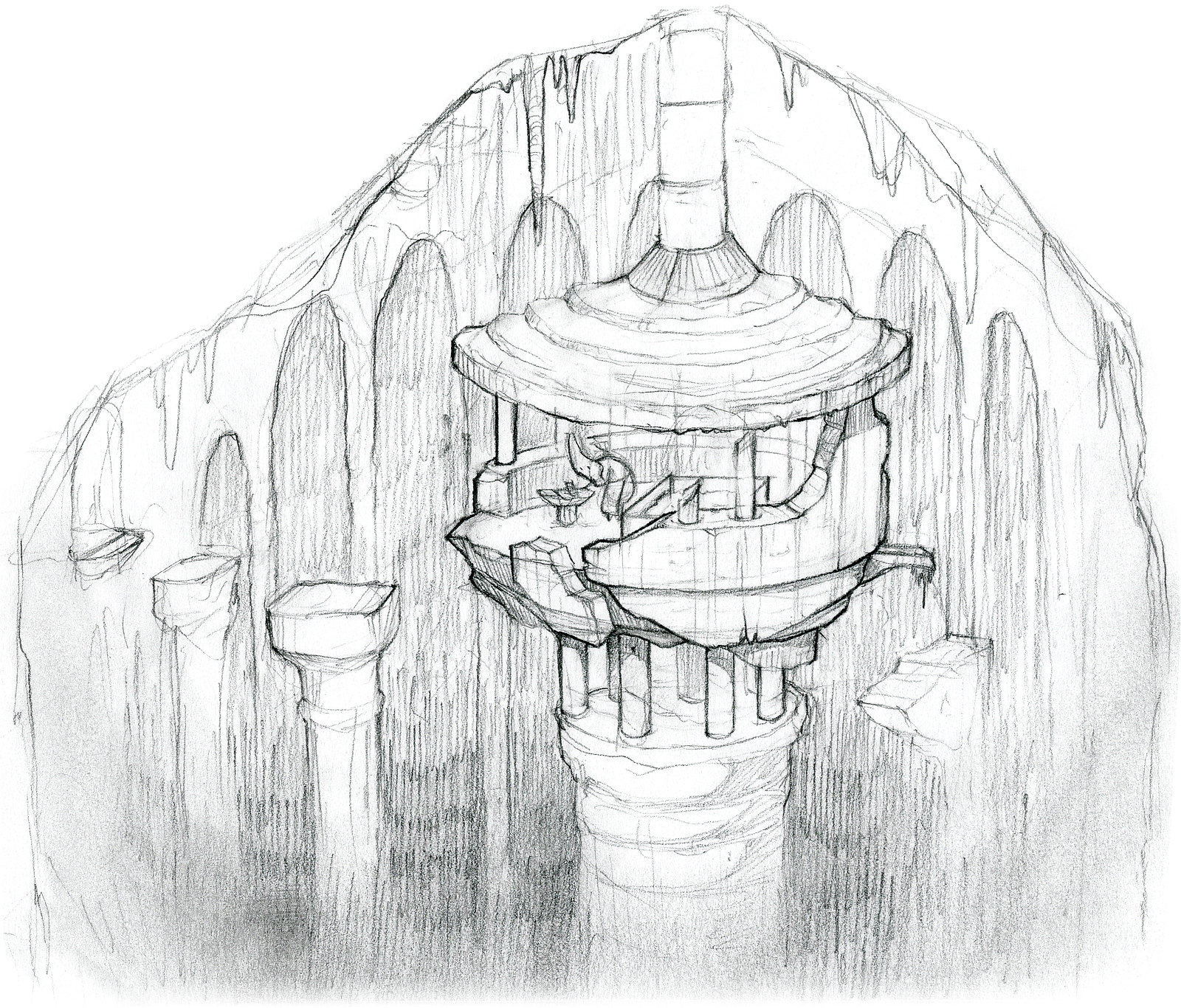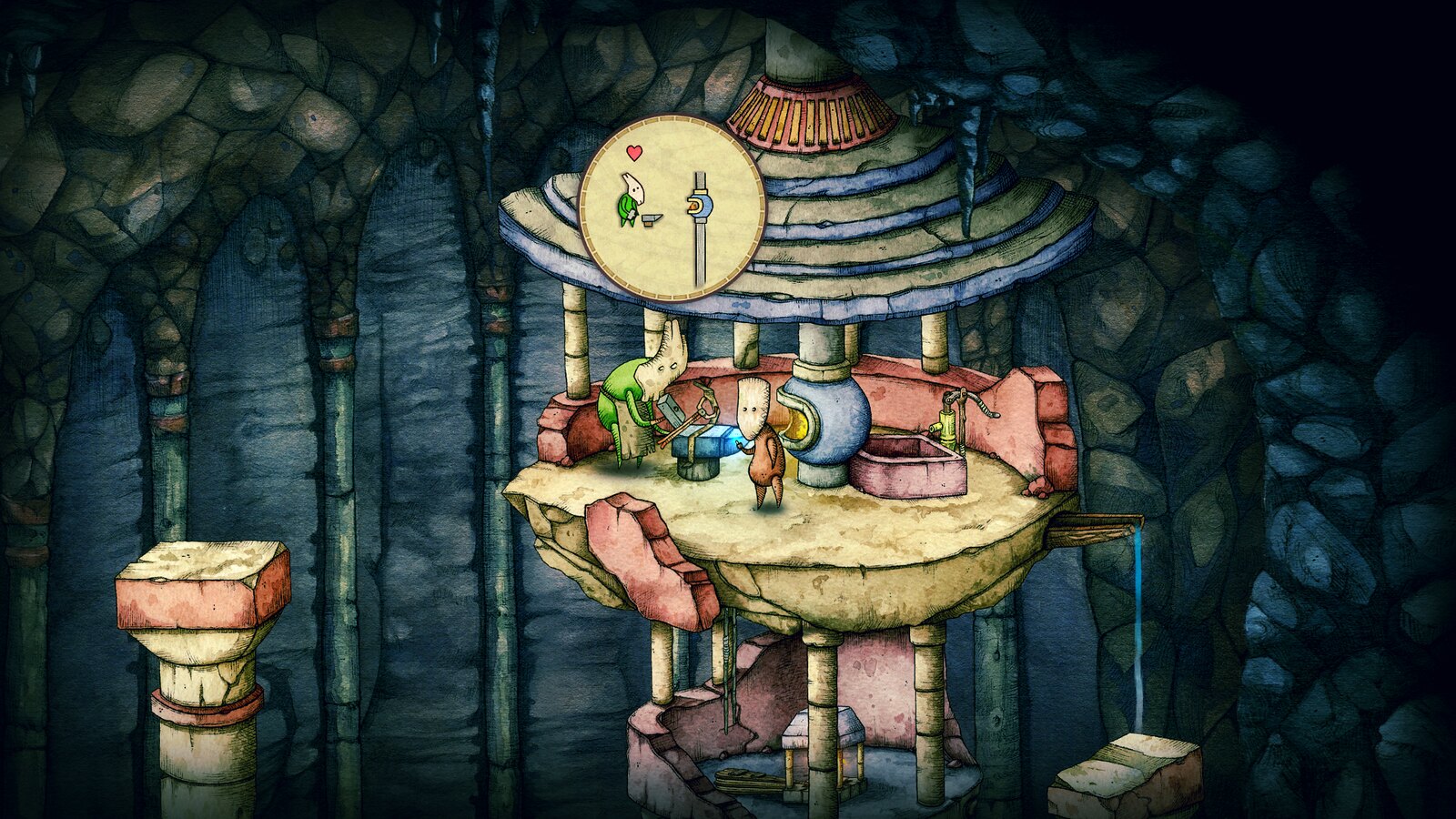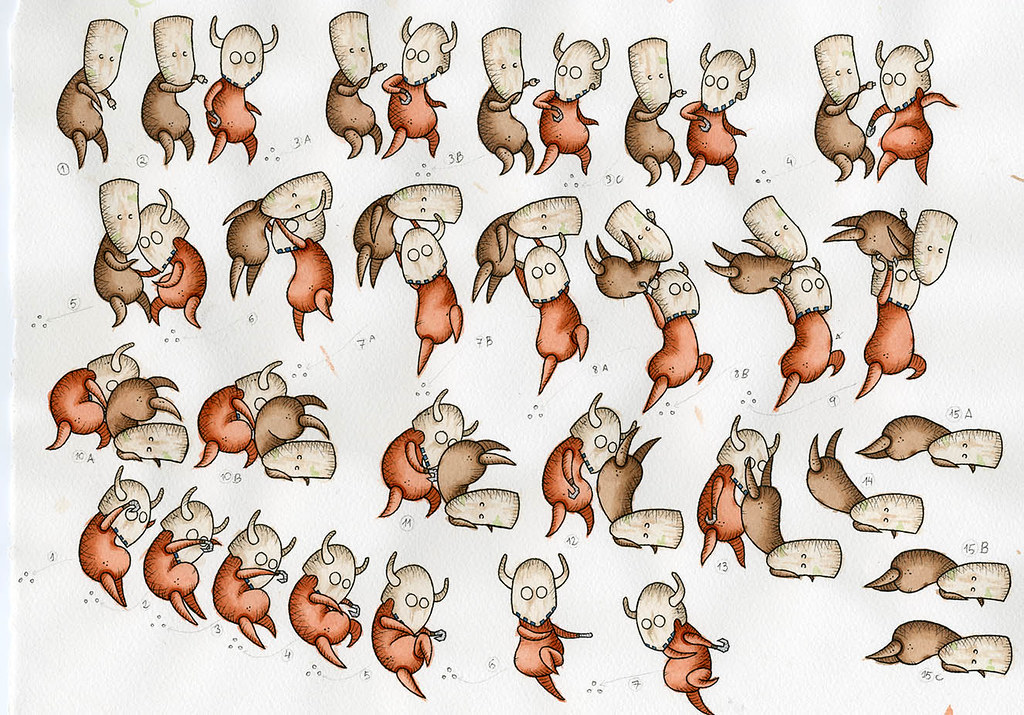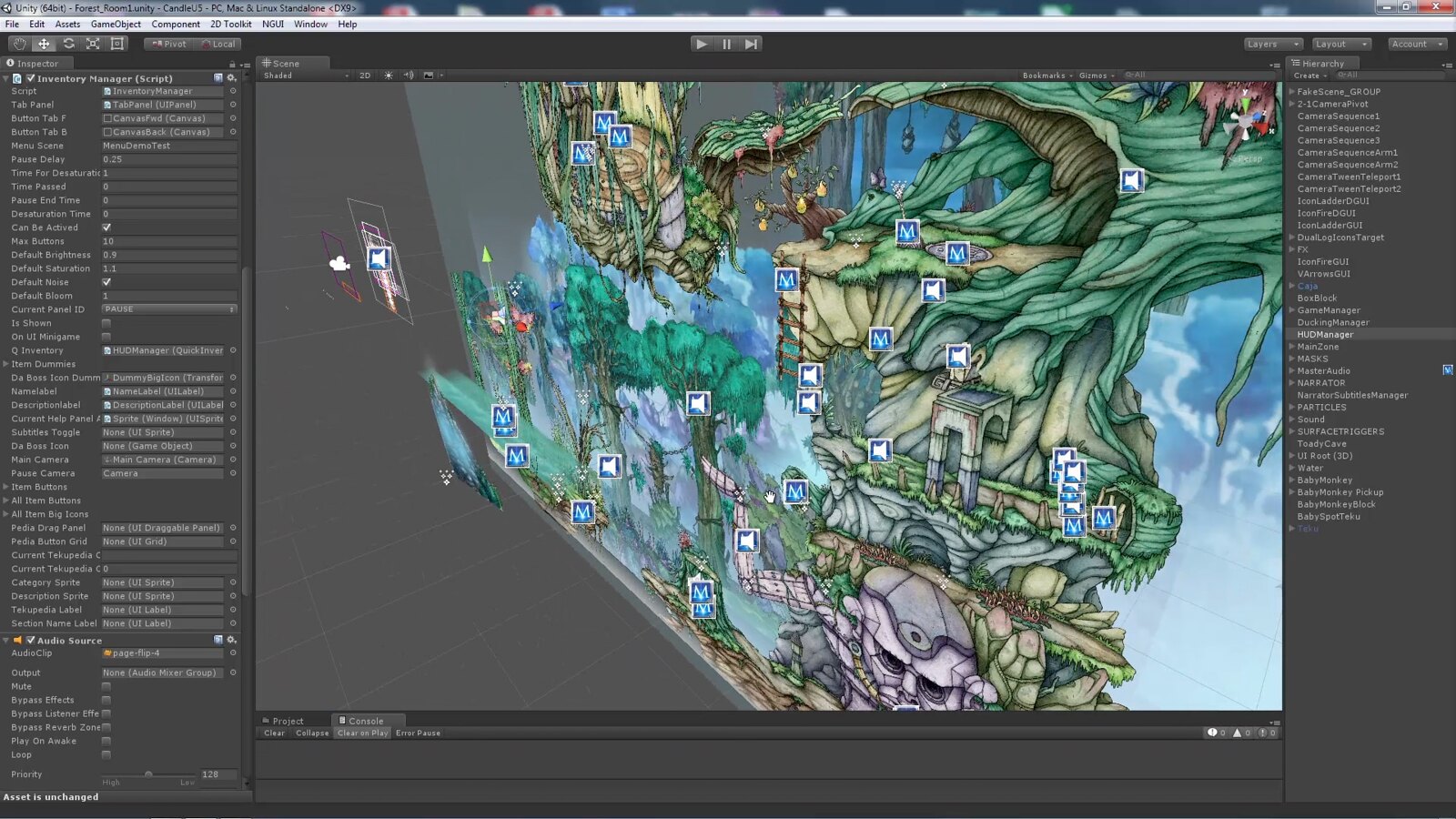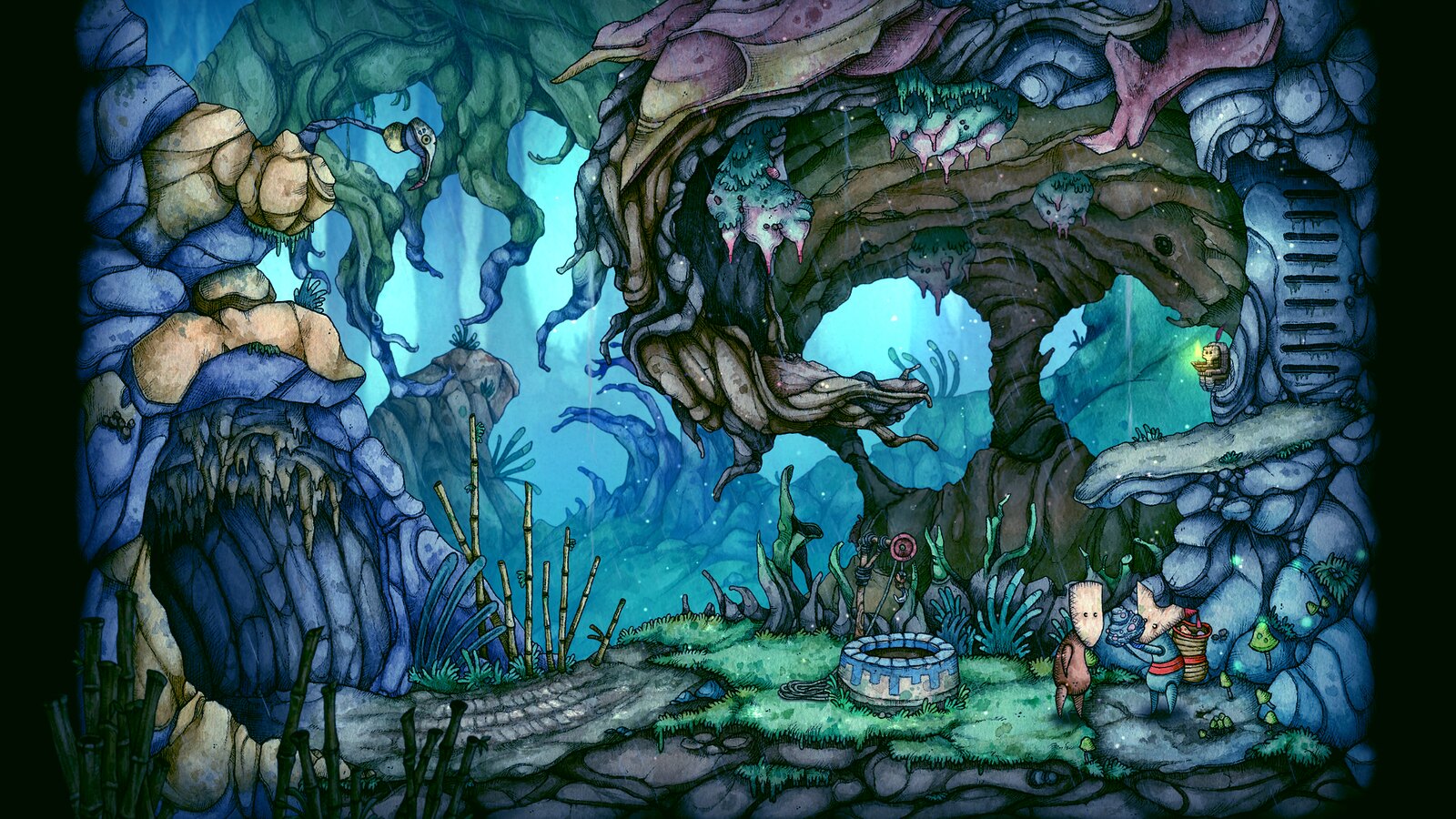Hi! I’m José A. Gutiérrez, the Creative Director of a small Spanish indie developer called Teku Studios. I’d like to tell you about our first game, Candle: The Power of the Flame. It is a 2D adventure and we’ve been working on it for a few years now. I’m so excited that PS4 gamers will finally be able to enjoy it.
In the game you take on the guise of little Teku. After an attack on his village, he’s forced to undertake a dangerous journey to rescue his tribe’s shaman. Equipped with just a candle and his wit, he’ll have to overcome numerous dangers, traps and puzzles to achieve his goal.
As a player, you will live a fascinating adventure, but today I want to talk to you about a different adventure: the one that we had developing Candle.
Looking for something special
Looking at the images of Candle you may have noticed that it looks really quite unique, right? This is because all the graphics have been completely hand-painted with watercolors. The final result is fantastic but, believe me, production has been absolute madness.
So why did we decide to create a video game painted with watercolors? To answer, let’s travel back to 2012, when I was a student of Fine Arts. I got together with a fellow student who was learning to program. Being fans of video games, we wanted to make our own.
As an artist, I have always been fascinated by the conceptual art that goes on behind video games. Sometimes, I prefer this art to the graphics in the final game itself! This made me wonder to what extent it would be possible to make a game that looked exactly like those concept illustrations. As a result, we decided that Candle: The Power of the Flame should be painted using traditional techniques.
A really unique and complicated process
The visual aspect of Candle evolved a lot from our initial tests. At first, the game was painted with acrylics and had a much darker and decadent appearance, almost like a horror game. As we were designing the characters and the world of Teku, the game’s sense of humor imposed itself and we decided to make a radical change.
Using watercolor is a very clean technique and it allowed us to give the game a more colorful, cheerful and vibrant look. It also became a real challenge for us – painting thousands of watercolors, both scenarios and animations. The sheer quantity was only one challenge we faced, another was that all the paintings needed to fit correctly together and not confuse the player when they were in motion!
Painting with watercolors can be a complicated technique, requiring a lot of practice and patience. Unlike with oils or acrylic you cannot correct an error by painting over it (and of course, you can’t use Ctrl+Z to undo mistakes). What’s more, to paint a single stage could take more than twice the time it would normally take if we had used digital tools.
The process required careful planning, as each piece of the game’s levels had to be painted separately, then integrated into Unity. Unlike in Photoshop, you can’t have the rest of the layers as referencing. We wondered why nobody had tried to create a game with traditional techniques before… well, now we knew the answer!
Another major complication was traditional animation. For this, each animation was drawn in pencil on a light table, frame by frame. After that, each frame was traced to watercolor paper and painted separately. This is a slow and complicated process, especially if you have never animated before. In order to create Candle’s animations, I had to practice for several months. I often threw away everything I had been working on, starting over until I got a result that convinced me.
Was it worth it? Absolutely!
It is difficult to describe how we felt seeing Candle: The Power of the Flame on PS4 for the first time. All those watercolors had suddenly come to life. It was a living, breathing painting. On screen you could see all the spots, and even the texture of the paper. The animations, due to the artisanal process, were not perfect and in a certain way they “vibrated.” We think that these imperfections make the whole thing look even better, especially on a 4K TV – the characters stood out from the scene and they were easily locatable and felt alive.
Just remember, the watercolors in Candle: The Power of the Flame are not just there to be pretty. Many of the puzzles are designed so that you have to carefully observe the landscape and its inhabitants for clues. We really hope you enjoy this experience that we have created when Candle: The Power of the Flame becomes available on July 26.







